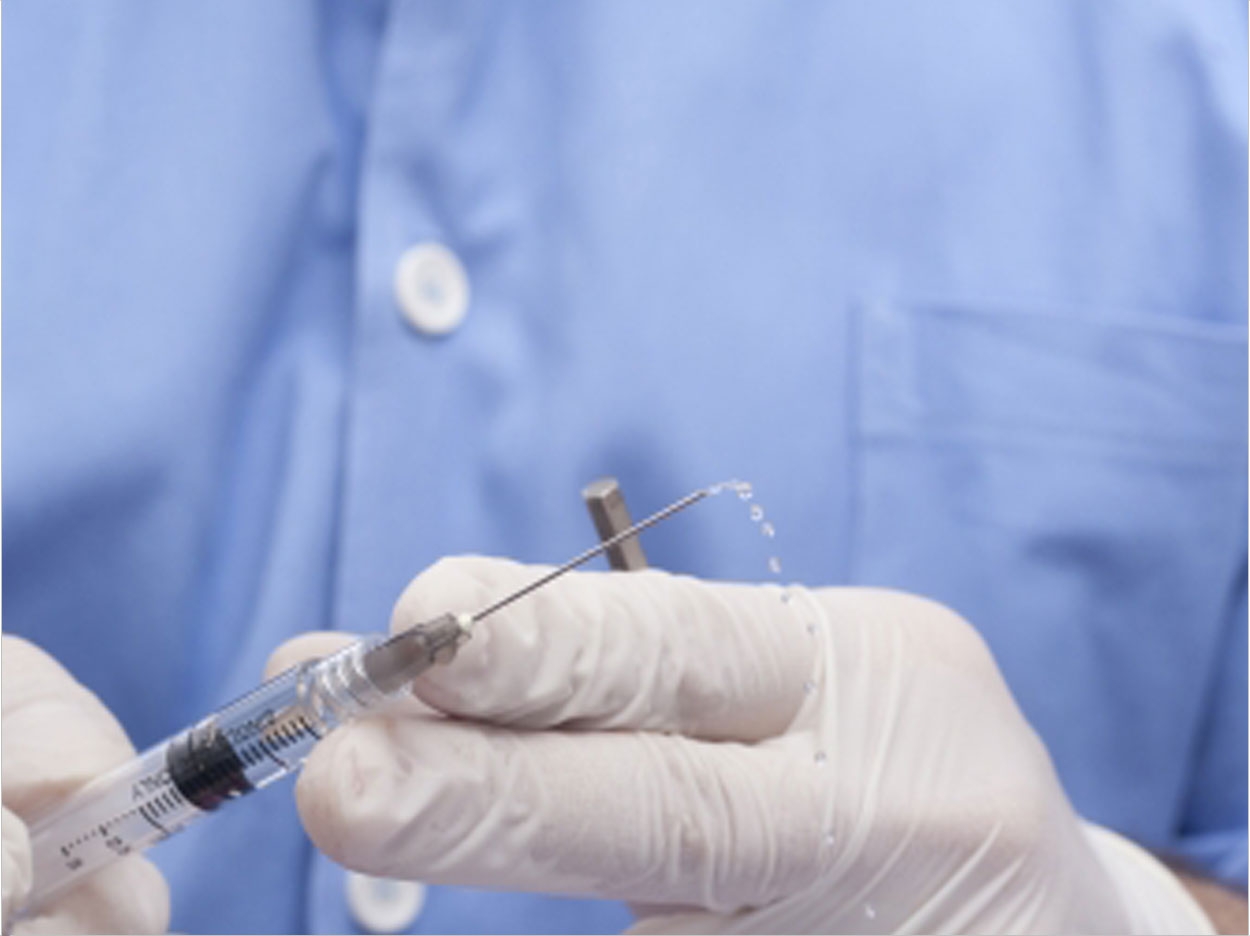
Anesthesia may block the pain involved in oral procedures, but that doesn’t mean patients like it. Once that cavity is filled, they often want the tingling to go away. According to recent research, phentolamine mesylate (PM) is effective in reducing the duration of anesthesia and the occurrence of adverse effects.
The researchers searched studies in 4 electronic databases through December 18, 2014. They assessed the methodological quality of each study using the Cochrane Collaboration’s tool for determining risk of bias. Six randomized controlled trials that used PM met the inclusion criteria.
Based on their meta-analysis, the researchers determined that PM was more effective in reversing the anesthetic effect on the lower lip and tongue than applying a placebo. The most common reported adverse effects—headache, pain during injection, and post-procedure pain—were not statistically significant.
The research, “Phentolamine Mesylate to Reverse Oral Soft-Tissue Local Anesthesia,” was published in the October issue of JADA. Its authors include Juan Carlos Prados-Frutos, MD, DDS, PhD; Rosa Rojo, DDS, PhD; José González-Serrano, DDS; Carlos González-Serrano, DDS; Gilberto Sammartino, MD, DDS, PhD; José María Martínez-González, MD, DDS, PhD; and Andrés Sánchez-Monescillo, DDS.
Related Articles
New Study Indicates Dental Treatment With Anesthesia Is Safe During Pregnancy
Anesthetics May Affect Tooth Development
It’s Not Just Patients Who Hate the Needle












